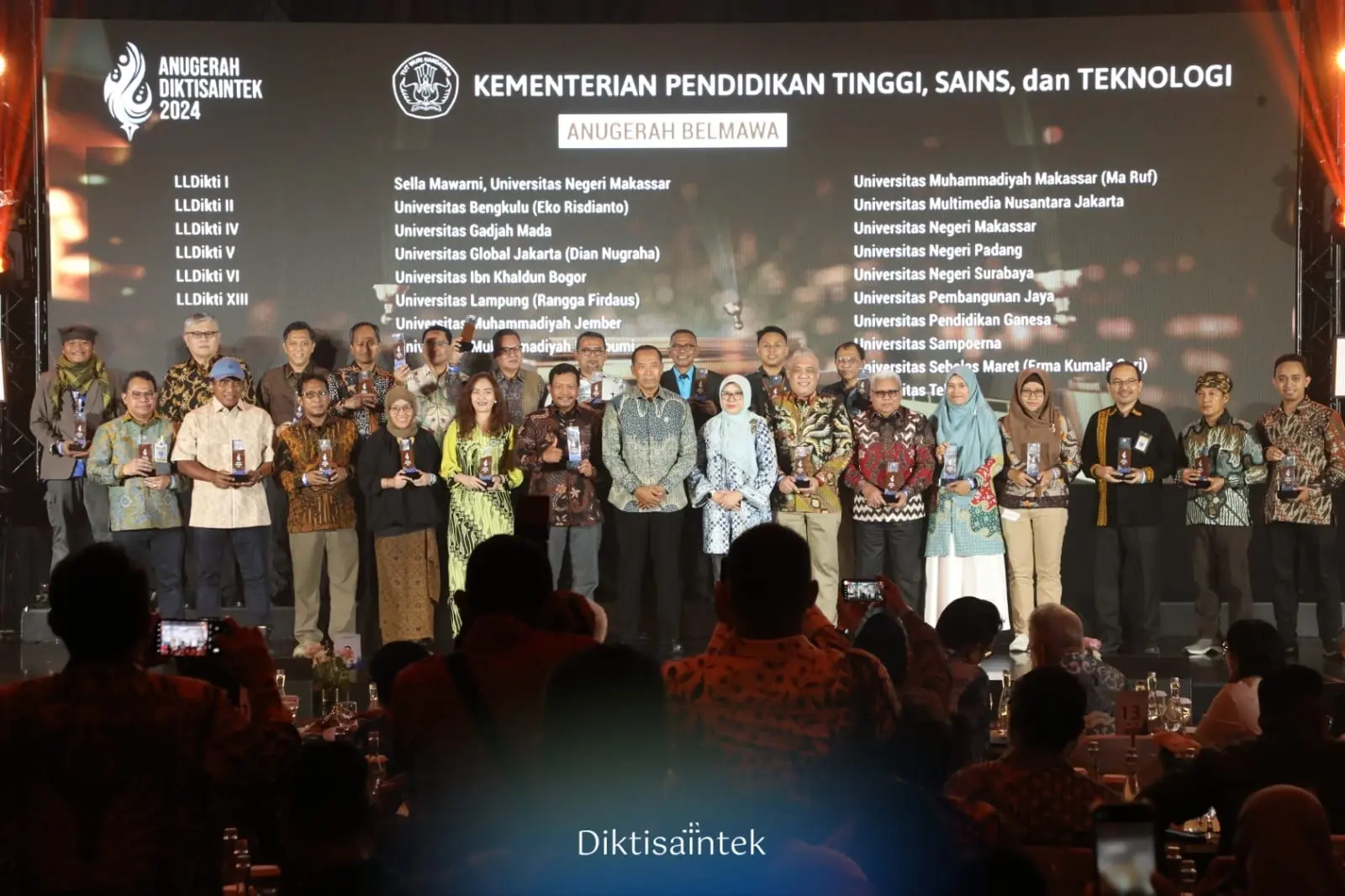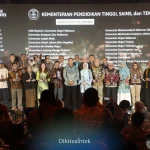11 Aug 2023
10+ Interesting Debate Topics for University Students in 2023
Articles,
Debate topics are subjects or issues chosen to engage in a formal discussion or argument. Debates are organized dialogues in which individuals or groups argue for and against a topic. A debate’s purpose is to convince the audience or judges that your side of the argument is stronger and more convincing than the opposing side.
Debate topics include social, political, ethical, scientific, or philosophical. They can be current occurrences, hypothetical scenarios, or long-running debates.
The Importance of Debate Skills in University
Debate skills are essential for engaging in formal debate tournaments and various academic and professional endeavors. Honing these talents in university contributes to your academic performance, personal growth, and future profession.
Public speaking confidence is an essential debate ability. Practice speaking in front of others, perfect your tone, tempo, and body language, and effectively engage your audience. Debate abilities are not restricted to formal competitions. They can help you excel in classroom debates, presentations, job interviews, and any other situation that requires excellent communication and critical thinking.
Choosing Debate Topics

A good debate issue should be current in social, political, cultural, or technological terms. It should be something that people are interested in and have a societal influence. A debate issue should include opposing opinions or perspectives that can be persuasively argued. It should have a vague, universally acknowledged response since this creates a more exciting debate.
An intense debate topic should include adequate knowledge, statistics, and research to back both sides’ arguments. This encourages individuals to conduct studies and gather evidence. The issue should be relevant to the intended audience’s interests, worries, and experiences, increasing their likelihood of engaging and participating in the debate.
Ideally, a good debate topic should be balanced, allowing both sides of the issue to voice their points of view. This promotes fairness and respect among participants.
10+ Interesting Debate Topics at University
Choosing debate topics in a university setting entails taking into account a variety of aspects to ensure that the issues chosen are entertaining, topical, and conducive to meaningful discussions.
Here are 10+ discussion themes for university students in 2023:
1. AI Ethics in Healthcare
Is it ethical to employ artificial intelligence in healthcare to make life-or-death choices, such as diagnosing illnesses or selecting treatment plans?
2. Regulation of Cryptocurrencies
Should governments regulate cryptocurrencies to prevent unlawful activity and maintain financial stability, or should they stay decentralized and unregulated?
3. Climate Change Migration
What should countries and the international community do in the face of climate-induced migration and displacement?
4. Learning Technology
Are digital learning platforms and classroom technology enhancing or detracting from students’ educational experiences?
5. Social Media Content Regulation
To what extent should governments monitor or moderate social media content to combat misinformation, hate speech, and online harassment?
6. In-Person Work vs. Remote Work
What are the benefits and drawbacks of remote work versus typical in-person work arrangements, and how will this affect the future of employment?
7. Production of Artificial Meat
Is the production and consumption of lab-grown and plant-based meat a long-term answer to environmental difficulties associated with traditional animal farming?
8. Gender Pay Difference
Should businesses be forced to disclose and address gender pay disparities, and what steps should be taken to achieve pay equity?
9. The Effects of Social Media on Mental Health
Is the widespread use of social media contributing to mental health difficulties, and what roles do platforms play in resolving this?
10. Sustainable Fashion
Balancing Style and Environment: Should the fashion industry prioritize sustainability and ethical practices over trends and consumer demand?
11. The Limits of Free Expression in the Digital Age
Should internet free speech be restricted to avoid hate speech, misinformation, and harassment, or does this risk infringing on individuals’ rights?
12. Education in the Post-Pandemic Era
What role does technology play in the future of education, and how should education systems adjust to the changes brought about by the COVID-19 pandemic?
13. National Security vs. Digital Privacy
Should people relinquish some of their digital privacy to improve national security and prevent cyber threats?
Debate topics should be topical, thought-provoking, and capable of creating meaningful debates. Participants must frequently research and acquire evidence to support their arguments and counterarguments, improving critical thinking, effective communication, and persuasive abilities.
Join Sampoerna University
Sampoerna University is a fully accredited university in Indonesia that offers the best choice for those seeking excellent international education. Sampoerna University is a private, non-denominational, non-profit university licensed and certified by the Republic of Indonesia’s Ministry of Education, Culture, Research, and Technology. Formed according to national and international standards, Sampoerna University is qualified to contribute to society through education substantially.
The Faculty at Sampoerna University comprises professors, associate professors, assistant professors, lecturers, and researchers specializing in various fields of study. They hold advanced degrees from prestigious universities in Indonesia and abroad, and many have extensive industry experience.
The Faculty members at Sampoerna University possess solid academic backgrounds and actively contribute to research and innovation in their respective fields. They publish research papers, participate in conferences, and collaborate with industry partners to address real-world challenges.
Moreover, the Faculty at Sampoerna University adopts a student-centric approach, focusing on the holistic development of students. They provide guidance and support to help students succeed academically and professionally. Faculty members engage in mentoring programs, offer career counseling, and create a conducive learning environment that encourages critical thinking and active participation.
9 of 10 graduates get employed three months after graduation*. Immediately register to participate in the new student admissions process for the 2023-2024 year here. Our Admission Team will contact you soon to provide more detailed information.
Schedule with us whenever you want to visit campus tours on-site or virtual!
*Based on graduating cohort 2020-2022





